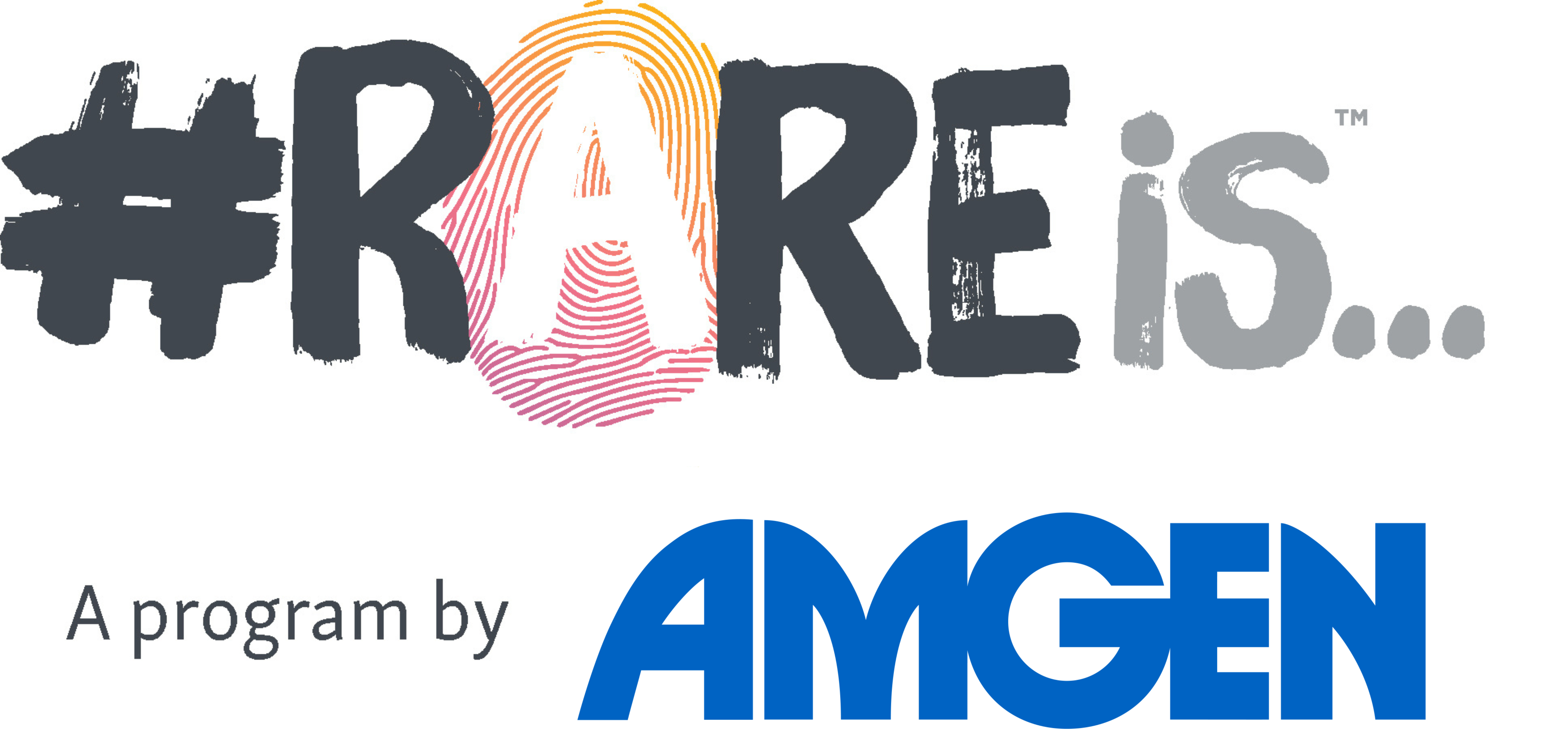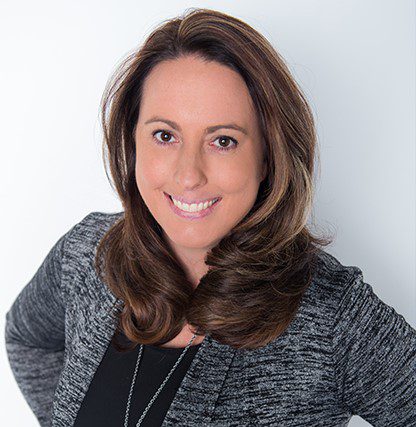New year, new beginnings
A new year means new opportunities – opportunities to refocus and set new goals for the next 12 months. Last year, the #RAREis team introduced a new blog series to help shed light on an often-overlooked population in the rare disease community, by sharing the stories and perspectives of young adults living with rare diseases as part of the Year of the Rare Young Adult. Now that 2021 is here, my colleagues and I on the #RAREis team at Horizon have set a new goal to elevate the voices of another unique and often misunderstood group in the rare disease community, making 2021 the Year of the Rare Carrier.
During the Year of the Rare Carrier, our goal is to educate the rare disease community on the importance of genetic information and to empower rare carriers as they plan for the years to come. Throughout the year, #RAREis will focus the spotlight on the personal journeys of rare disease carriers through the #RAREis blog and connect members of the rare carrier community to educational resources, and sharing new website content related to rare disease genetics and genetic testing in the coming weeks.
Empowering the rare disease community through genetics
Before I joined Horizon, I spent more than 11 years working as a genetic counselor, a healthcare specialist trained in both medical genetics and counseling to help people make decisions around their genetic health and risks. I’ve witnessed the timely and often desperate search for an accurate diagnosis that many people in the rare disease community face. Some of these searches have been aided in recent years by advancements in innovative genetic testing technology and brought a new sense of hope for rare disease carriers and their families. Helping families along their journey with these resources was an incredibly rewarding experience and is something I am passionate about.
Although receiving a diagnosis can be relieving for many, it can also introduce new difficult realities for families who learn they genetically carry the condition their family member was just diagnosed with – especially for carrier parents of children who are diagnosed with the condition. As a genetic counselor, I helped empower families to learn more about their genetics so they could make informed decisions about their health, and I’m glad I can continue to help in my role as a Regional Medical Director by acting as a scientific resource for healthcare providers for rare genetic diseases.
Why is genetic testing important?
My experience as a genetic counselor has led me to understand that knowledge is power when it comes to understanding rare diseases and the inherent risks associated with how these conditions are inherited. According to Global Genes, 80 percent of rare diseases have identified genetic origins, so using genetic testing to have a baseline knowledge of genetic information is important to rare disease families, because it empowers them to make informed healthcare decisions that impact their future.
It is estimated that everyone is a carrier of at least five genes with deleterious variants (previously called mutations) – when two individuals who happen to be carriers for a deleterious variant in the same gene, they would have a 25% chance with each pregnancy to have a child with that genetic condition if the disorder is inherited in an autosomal recessive manner. Females who are “carriers” for an X-linked disorder would have a 25% chance to have a male child with that X-linked disorder, a 25% chance to have a male child that did not inherit that disorder, a 25% chance to have a female who is also a “carrier” and a 25% chance of having a female who does not “carry” the variant. Genetic testing uncovers useful information regarding these variants that can help identify the root cause of a rare disease and confirm if a person is a carrier. A carrier is a person who has a genetic variant in one of the two copies of a specific gene that may or may not present symptoms of a rare disease in the carrier.
Carriers of autosomal conditions are typically just carriers with no evidence of that disorder in them but they would have an increased risk of having a child with that condition if they have a child with someone else who is a carrier for the same disorder. Female carriers of X-linked disorders may present with signs and symptoms of that disorder depending on the level at which their X-chromosomes were inactivated when they were developing as an embryo. Females cannot express both X-chromosomes in every cell – that would be too much information, so one of the X-chromosomes has to become inactive. If this is skewed in any way it will cause a female carrier of an X-linked disorder to have symptoms of that disease that can range from no symptoms all the way to severe symptoms as would be seen in a male with that X-linked condition. The knowledge gained from this test of one’s carrier status can empower families to make informed decisions about their future, including family planning, managing healthcare decisions and sharing information with at-risk family members.
The future of the Year of the Rare Carrier
For many people, the thought of uncovering rare genetic disease predispositions can be anxiety-provoking. This year, we hope to provide a supportive platform for rare carriers through storytelling and reframing the narrative. My hope is that by providing educational resources, amplifying the voices of rare carriers and raising awareness of the importance of genetic testing, people in the rare disease community will be inspired to act and control their future through the knowledge of their genetics.
One of the main reasons I transitioned from being a genetic counselor to supporting Horizon is to use my learnings from working with thousands of families impacted by rare diseases to improve awareness of rare diseases on a much larger scale to healthcare providers in the United States while helping to bring new therapies to market that would have a positive impact on the rare disease community. My understanding of what’s important to people, from disease management to their personal values, enables me to ensure their voices are a part of our decision-making process at Horizon. The ability to bring hope to people living with rare genetic conditions with innovative medicines motivates me each day.
As a firm believer in the power of knowledge that exists within our genetics, I’m excited to see the impact of the Year of the Rare Carrier on the rare disease community and look forward to a brighter future for rare carriers.
About Andrea Atherton:
Andrea Atherton is a Regional Medical Director at Horizon Therapeutics and is also a board-certified genetic counselor. She is passionate about educating and empowering the rare disease community to make informed decisions about their healthcare.

